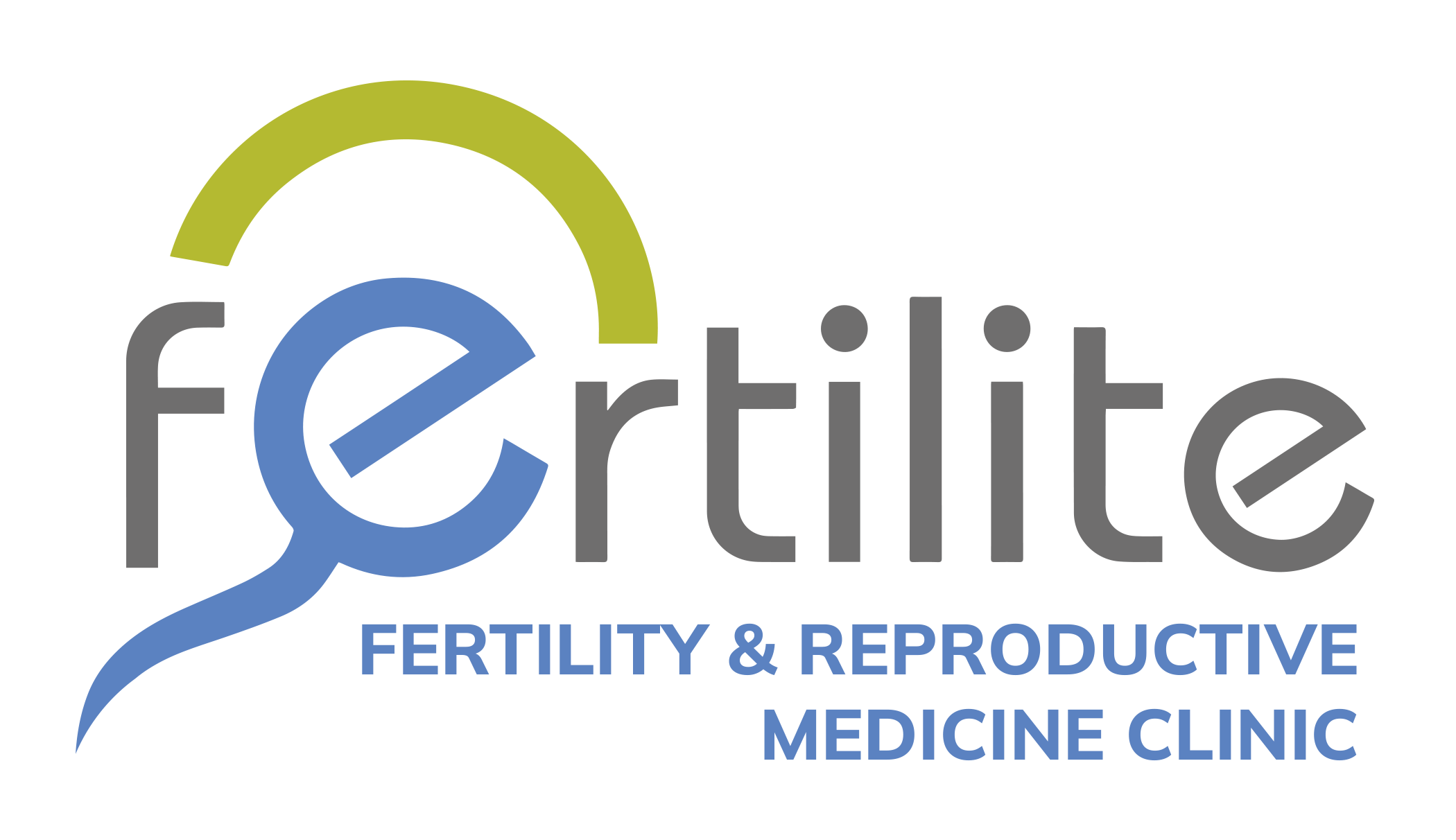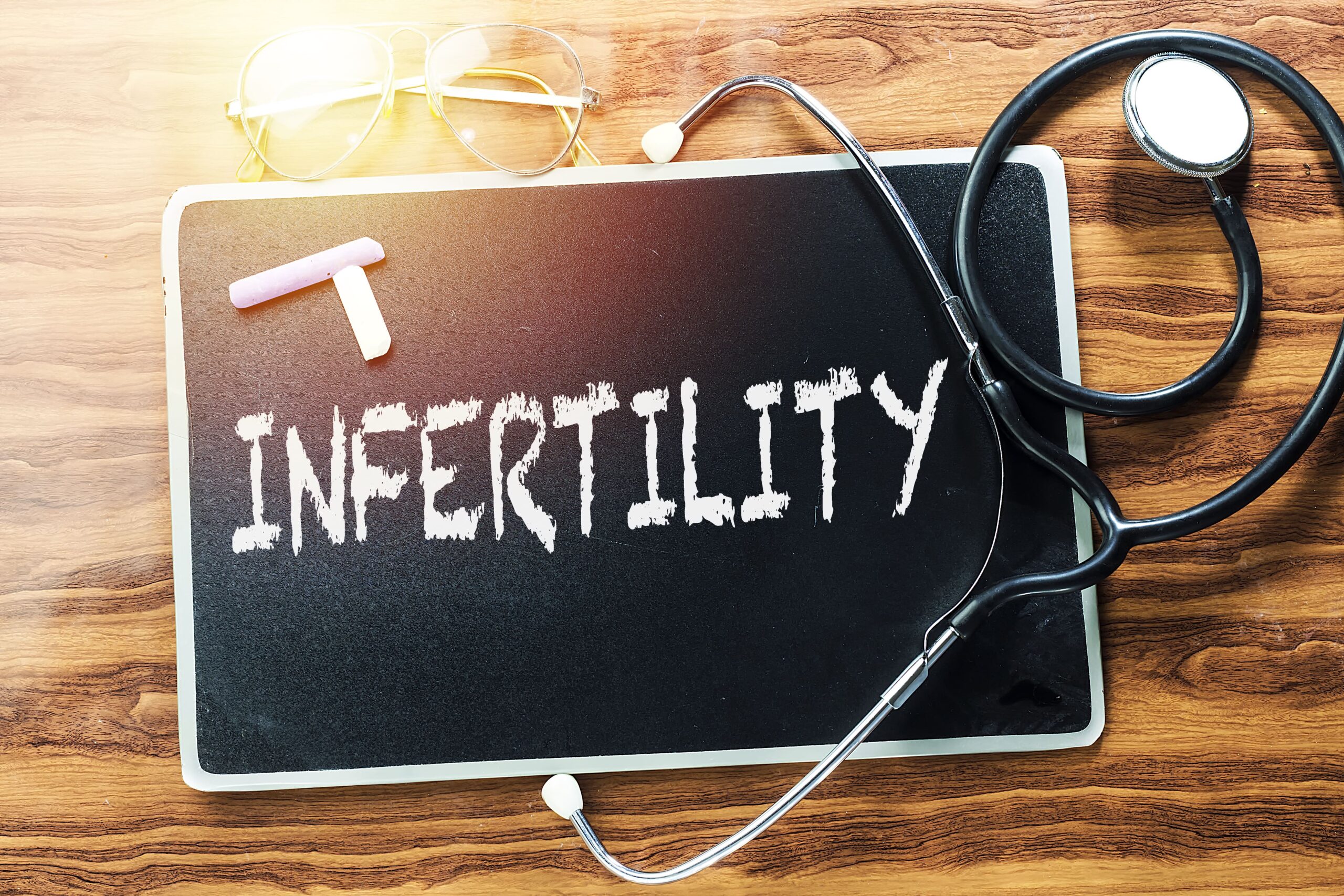Introduction
In vitro fertilization (IVF) offers life-changing hope to individuals and couples struggling with infertility. Yet, alongside its promise lies a series of profound ethical questions, ranging from the definition of life to the moral implications of reproductive technologies. This article explores these dilemmas to illuminate the ethical frameworks guiding IVF practices, with a focus on dignity, fairness, and responsibility.
This article explores the complexities, from defining the start of life to issues of accessibility and the ethical limits of reproductive technologies. By examining these dilemmas, Fertilite Center aims to shed light on the ethical considerations guiding IVF practices and policies, advocating for approaches that prioritize human dignity and fairness.
For more insights into IVF, read our related articles on Introduction to In Vitro Fertilization and Is IVF Painful? Unraveling the Complexities of Ovulation Pain and Fertility.
Biological vs. Ethical Beginnings
Understanding the ethics of IVF involves distinguishing between when a ‘human life’ commences biologically and when a ‘person’ begins ethically. The former begins when the human egg is fertilized by sperm, while the latter pertains to a being capable of carrying full moral rights and responsibilities (ASRM, 2023).
Biologically, fertilization marks the creation of a unique genetic code—essentially, a new human organism at the cellular level. This point is often used by proponents of a more conservative ethical stance, who argue that life, and by extension personhood, begins at conception. However, from an ethical and philosophical standpoint, defining personhood is far more nuanced.
Ethically, personhood is often associated with characteristics such as consciousness, self-awareness, the ability to feel pain, and the capacity for social interaction or future planning. Since embryos created through IVF are in the earliest stages of cellular development, they lack these features. Consequently, many ethicists argue that while an embryo is biologically human, it does not yet meet the criteria for moral personhood.
This distinction becomes crucial in debates over the moral status of unused or surplus embryos. Should they be considered potential lives deserving full protection or biological entities that can be discarded or used for research? These questions influence legislation, medical policy, and individual decision-making about IVF. Moreover, cultural, religious, and personal beliefs heavily shape how these distinctions are interpreted and applied, making the ethical landscape of IVF a complex and deeply personal terrain.
Broader Ethical Considerations
Ethical considerations related to IVF extend beyond the procedure’s general acceptability. They encompass issues such as informed consent, parental intent, genetic screening, and accessibility. Informed consent must be obtained thoroughly, ensuring that individuals understand the medical, emotional, and moral implications, especially in cases involving embryo freezing, disposal, or donation. Other ethical concerns include the validity of consent, parental motivations, the implications of preimplantation genetic testing (PGT), social egg freezing, commercialization, public funding, and the prioritization of IVF treatments (ASRM, 2023; Hastings Center Report, 2023).
Additionally, the commercialization of IVF presents ethical challenges related to equity and justice. High costs often limit access, making IVF a privilege rather than a universally available medical service. In publicly funded healthcare systems, questions arise over whether IVF should be prioritized when resources are scarce. Moreover, global disparities in reproductive healthcare highlight the ethical tension between technological advancement and reproductive justice, particularly in under-resourced regions where basic fertility services remain inaccessible.
Defining Personhood
The debate over when personhood begins has evolved over time, recognizing a developmental period up to about 14 days after conception when embryo identity cannot be fully ascribed (ASRM, 2023). This “14-day rule” is grounded in biological milestones: before this point, the embryo has not undergone gastrulation, the process by which the three germ layers form, nor has it developed the primitive streak, the precursor to the central nervous system. Furthermore, the potential for twinning—where a single embryo can split into two individuals—still exists, complicating any definitive attribution of individual identity.
This scientific demarcation has informed both ethical and legal standards worldwide. In many countries, it serves as a guideline for permissible research and embryo manipulation. Ethically, it provides a compromise between the belief that human life begins at conception and more flexible views that focus on later stages of development. However, this boundary is still contested. Religious and philosophical perspectives often assert that personhood—and thus moral and legal rights—begins at fertilization, regardless of biological uncertainty.
As reproductive technologies like IVF advance, questions about personhood become more pressing. The ability to freeze embryos, conduct genetic screening, and manipulate early developmental stages introduces complex dilemmas: Are unused embryos entitled to protection? Do they possess rights? Should they be considered potential persons or simply biological material? These questions lie at the heart of ongoing debates over the moral status of embryos created outside the human body.
Age Limits in IVF
Age limits in IVF remain contentious, balancing factual evidence of declining pregnancy success with principles of reproductive autonomy (ASRM, 2023). Medically, female fertility begins to decline significantly after age 35, and the success rates of IVF using a woman’s own eggs drop sharply with age. By the early 40s, the likelihood of a successful pregnancy using autologous IVF becomes low, while the risk of pregnancy complications—including miscarriage, gestational diabetes, hypertension, and chromosomal abnormalities—rises substantially. IVF success rates drop significantly, especially when using a woman’s own eggs. To mitigate medical risks, many clinics set age limits—typically around 42 to 50 years—for IVF treatments. These policies are often guided by concerns for maternal and child health, as well as the diminishing likelihood of a successful outcome.
However, strict age cutoffs have sparked ethical debate. Advocates for reproductive rights argue that decisions should be individualized rather than based on arbitrary age limits, especially as advances in technology, like egg freezing and donor eggs, extend the possibilities for older individuals to become parents. The question becomes whether age alone should restrict access or if broader considerations of medical fitness and informed consent should prevail. As society continues to redefine norms around parenthood and aging, the ethical dilemma remains: how do we balance personal autonomy with responsible medical practice and concern for future offspring?
IVF for Single Women and Same-Sex Couples
Providing IVF for single women and same-sex couples raises ethical questions centered on the welfare of the child, invoking principles of fairness, non-discrimination, and reproductive autonomy (ASRM, 2023). Critics often argue that children have a right to be raised in a traditional two-parent, heterosexual household, citing concerns about social stigma or the absence of either a maternal or paternal figure. However, empirical studies increasingly show that children raised in loving, stable environments—regardless of the parents’ gender or marital status—fare just as well in emotional, cognitive, and social development as those from more conventional family structures.
Ethically, denying IVF access to single individuals or same-sex couples can be viewed as a form of discrimination that reinforces outdated social norms and excludes nontraditional families from full participation in reproductive healthcare. Many countries and medical bodies now emphasize reproductive justice, which supports equitable access to fertility treatments for all, irrespective of marital status or sexual orientation. Nonetheless, the debate persists, especially in regions where legal, religious, or cultural values shape restrictive policies. As societal understandings of family evolve, so too must the ethical frameworks guiding reproductive technologies.
Ownership of Stored Gametes and Embryos
The ownership of stored gametes and embryos hinges on consent principles, advocating for individual decision-making (Hastings Center Report, 2023). When individuals or couples undergo IVF, they often store embryos or gametes for future use, requiring clear agreements about their use, storage, and potential disposal. Ethical dilemmas arise when relationships change, such as in cases of divorce, death, or disagreement, leading to legal battles over whether stored reproductive material can be used, destroyed, or donated. In such cases, courts typically prioritize the right not to procreate over the right to become a parent, reinforcing the importance of prior informed consent and detailed contracts.
However, even with consent documents in place, challenges remain. For instance, what happens if one party changes its mind? Can a surviving partner use stored embryos after the other’s death? These situations raise complex ethical questions about autonomy, posthumous reproduction, and the moral status of embryos. Additionally, issues arise around unused embryos: Who decides their fate if they are no longer needed? Should they be donated to research, given to other couples, or destroyed? As reproductive technologies evolve, clearer ethical and legal frameworks are needed to address the dynamic and deeply personal issues surrounding reproductive material ownership.
IVF and Preimplantation Genetic Testing (PGT)
The intersection of IVF with Preimplantation Genetic Testing (PGT) allows for the selection of embryos based on genetic traits, expanding ethical concerns beyond infertility treatment (Journal of Medical Ethics, 2023). Initially developed to prevent the transmission of serious genetic disorders, PGT now enables parents to screen for a growing array of genetic conditions, ranging from life-threatening diseases like cystic fibrosis to predispositions for adult-onset illnesses such as BRCA-related cancers. This power to choose which embryos to implant introduces complex moral questions about where to draw the line between therapeutic intervention and selective reproduction.
As technology advances, concerns have grown around the potential for “designer babies,” where embryos might be selected not just for health, but for traits like sex, intelligence, or physical appearance. Critics argue that this commodifies human life and could lead to new forms of social inequality or ableism, where certain traits are valued over others. Supporters, however, emphasize reproductive autonomy and the opportunity to reduce suffering by preventing serious disease. The ethical debate thus centers on the purpose and limits of PGT: Should it be used strictly for medical necessity, or does parental choice justify broader applications? With societal implications ranging from eugenics to equity in healthcare access, PGT within IVF continues to challenge both ethical boundaries and regulatory oversight.
Religious Perspectives
Religious perspectives continue to influence IVF ethics, reflecting varied positions across world religions (ASRM, 2023). For many faith traditions, IVF raises fundamental questions about the sanctity of life, the definition of family, and the moral status of the embryo. In Roman Catholicism, IVF is generally opposed on the grounds that it separates procreation from the marital act and often involves the destruction of embryos, which the Church views as human lives from the moment of conception. Similarly, some Islamic scholars permit IVF only within the bounds of marriage and prohibit third-party involvement, such as donor eggs or sperm, which are seen as violating lineage and family integrity.
By contrast, other religious traditions offer more supportive views. Judaism, particularly within more liberal denominations, often embraces IVF as a means of fulfilling the commandment to “be fruitful and multiply,” with careful ethical oversight. Hinduism and Buddhism tend to focus on the intentions and consequences of reproductive choices rather than issuing categorical prohibitions, though they may raise concerns about karma, reincarnation, and respect for life at all stages. These differing perspectives influence both personal decisions and national policies, particularly in countries where religious law plays a role in shaping healthcare regulation.
The ethical tension arises when religious values intersect with individual autonomy and public health policy. Should access to IVF be limited or shaped by dominant religious beliefs? How can pluralistic societies honor diverse convictions while ensuring equitable access to reproductive technologies? These questions remain central to the broader debate over IVF’s place in culturally and religiously diverse communities.
IVF and Surrogacy
Ethical complexities also surround IVF and surrogacy, emphasizing issues of exploitation, commodification, and potential harm to the parties involved (Hastings Center Report, 2023). Surrogacy arrangements, particularly when commercial, raise concerns about whether women, especially those in economically disadvantaged situations, may be pressured into becoming surrogates due to financial need. Critics argue that such dynamics risk turning women’s bodies into commodities and children into products, thus challenging the moral integrity of reproductive choice and consent.
Moreover, surrogacy introduces questions about parental rights, legal custody, and emotional well-being. What happens if a surrogate changes her mind about relinquishing the child? Or if intended parents abandon a child due to disability or a breakdown in the agreement? Cross-border surrogacy further complicates matters, as differing legal standards can leave children in legal limbo and surrogates without adequate protections. Ethical concerns are especially pronounced when wealthier individuals from developed nations contract surrogates in less developed regions, raising questions of global justice and reproductive tourism.
At the same time, advocates emphasize that with proper legal frameworks, ethical oversight, and informed consent, surrogacy can be a mutually empowering experience that enables individuals or couples, often those unable to carry a pregnancy themselves, to build families. As IVF and surrogacy become more intertwined, the challenge lies in developing policies that safeguard all parties while respecting reproductive autonomy and human dignity.
Commercialization of IVF
The commercialization of IVF raises ethical alarms about patient exploitation and the commodification of human life (ASRM, 2023). As fertility clinics operate increasingly within a market-driven framework, there is concern that profit motives may overshadow patient well-being. Aggressive marketing strategies can create unrealistic expectations about success rates, pressuring individuals or couples, often emotionally vulnerable, into repeated, costly treatment cycles. This dynamic risks turning hopeful patients into consumers and embryos into products.
Moreover, the growing fertility industry fuels ethical questions around access and fairness. IVF treatments are often prohibitively expensive and rarely covered in full by insurance, creating disparities based on socioeconomic status. This commercial model limits access for low-income individuals and may further marginalize already vulnerable populations. Additionally, the rise of “fertility tourism”—where patients travel abroad seeking cheaper or less regulated IVF services—raises concerns about the ethical oversight of clinics, exploitation of donors and surrogates, and the variability of legal protections across borders. These developments point to a pressing need for stronger global regulation and equitable access to reproductive technologies.
Public Funding and Prioritization
Public funding of IVF introduces dilemmas regarding access criteria, cycle funding limits, and patient prioritization, sparking ongoing ethical discourse (Hastings Center Report, 2023). In countries with publicly funded healthcare systems, governments must decide who qualifies for IVF support, often based on factors such as age, marital status, sexual orientation, and previous fertility history. These criteria can unintentionally exclude individuals or groups, raising questions about fairness, discrimination, and the definition of reproductive rights. For example, single individuals or LGBTQ+ couples may face more stringent requirements or be denied funding altogether, highlighting systemic inequalities within reproductive healthcare policy.
Resource allocation also creates tension between personal desire and public responsibility. IVF is a costly intervention, and publicly funded programs often cap the number of subsidized cycles a person can receive. With limited healthcare budgets, policymakers must weigh the value of providing IVF against competing needs such as cancer treatment, mental health care, or elder care. This raises the ethical question: should fertility treatments, which address a non-life-threatening condition, be prioritized over other critical medical services? Balancing compassion for those experiencing infertility with the principles of distributive justice remains a central ethical challenge for health systems worldwide.
Conclusion
In navigating these ethical waters, decisions must prioritize human dignity, autonomy, and the welfare of all parties involved (Resolve, 2023). In vitro fertilization stands at the intersection of hope and ethical complexity, offering life-changing possibilities while raising profound moral questions. From defining when life and personhood begin to determining who has the right to access treatment, IVF compels society to grapple with the boundaries of science, equity, and personal autonomy. As technologies like preimplantation genetic diagnosis and surrogacy evolve, so too must our ethical frameworks—ensuring they are inclusive, transparent, and grounded in respect for both individual choice and societal responsibility.
Ultimately, the ethical dilemmas of IVF demand a delicate balance between innovation and integrity. Policies and practices must safeguard against exploitation, protect vulnerable populations, and ensure that advancements in reproductive technology are accessible and fair. This means fostering dialogue among ethicists, medical professionals, policymakers, and the public, guided not only by scientific progress but also by compassion and justice. As reproductive possibilities expand, our collective challenge is to ensure that these powerful tools serve humanity without compromising its values.
Updated : May 08, 2025
References
American Society for Reproductive Medicine (ASRM). (2023). Ethics Committee Report: Ethical Considerations of Assisted Reproductive Technologies.
Hastings Center Report. (2023). Special Issue: Bioethics and Reproductive Technologies. Retrieved from Hastings Center Report
Journal of Medical Ethics. (2023). Special Issue: Ethical Issues in Assisted Reproduction. Retrieved from Journal of Medical Ethics




